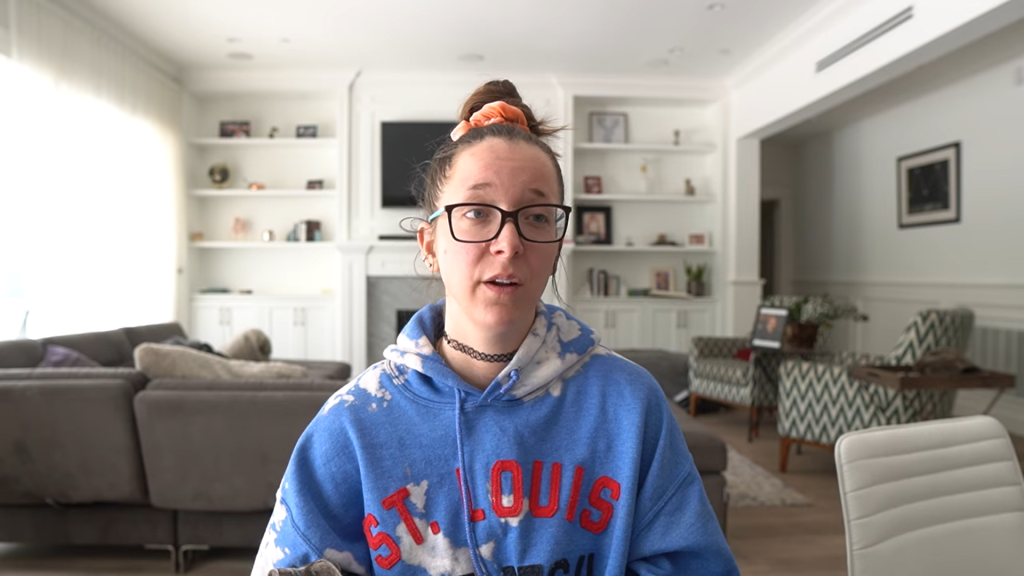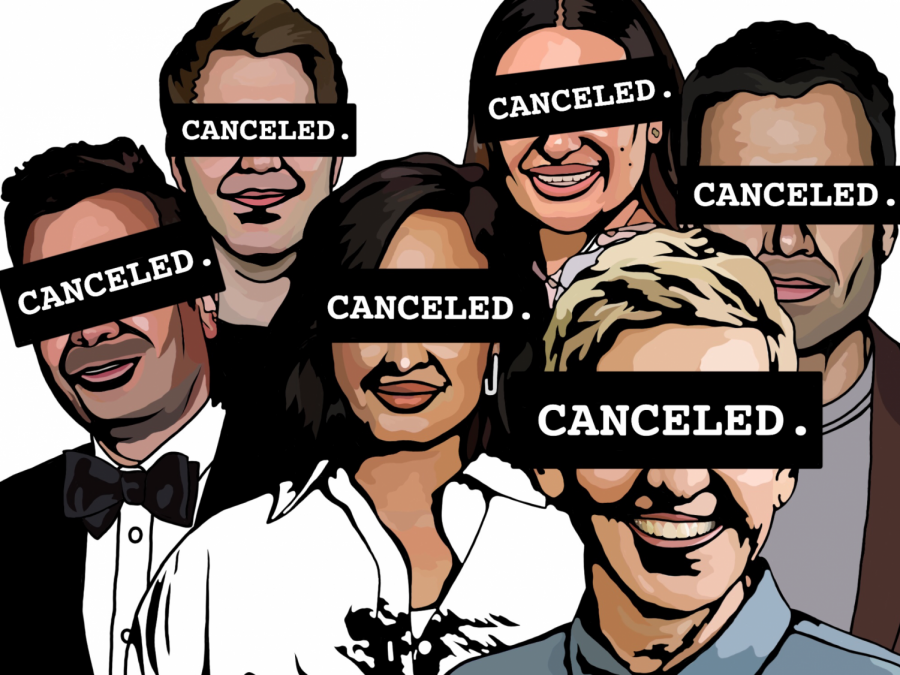Written By: Katie Cappello
On June 25th, 2020 one of YouTube’s most beloved creators posted her final video to the platform. There was no dramatic scandal. No sponsors pulling out. No algorithmic exile. She left of her own volition after addressing past videos that included racial stereotyping and insensitive humor. Her departure sparked a large debate over cancel culture, media ethics, and its influence in the digital age.
But what does it mean to be canceled, and was Jenna Marbles truly canceled?
According to Pew Research, Cancel Culture can have many different definitions depending on who you ask, but according to their research, one response stood out the most. That response involved accountability. One response that aligns with this situation reads: “Cancel culture is a movement to remove celebrity status or esteem from a person, place, or thing based on offensive behavior or transgression.” Being canceled can be a way for the accuser to show accountability and forgiveness, but also lead to loss of reputation, career opportunities, or an online platform.

Critics argue that cancel culture encourages groupthink and punishment and withholds free speech. On the other hand, supporters see it as a tool for social accountability, especially in industries where traditional structures fail to deliver fair consequences.
Jenna Mourey, known online as Jenna Marbles, is a rare example in the cancel culture conversation. She wasn’t pushed out by others — instead, she took responsibility for her actions, apologized, and chose to leave on her own.
In Marble’s last video, titled “A Message”, Jenna emotionally addresses her past controversial content. She apologized for several videos she made in the early 2000s including her wearing dark makeup (often referred to as blackface, a racist form of theatrical makeup) and making rude and hurtful comments about people of Asian descent.
When it comes to accountability vs cancelation, Jenna models accountability. According to the Join Our America organization, holding people accountable for their actions means their punishment should be tied to the action they took. Jenna modeled accountability. She identified her mistakes, acknowledged them publicly, and took deliberate action to repair the harm. She left the platform where she became known and loved as a creator.
Her choice to leave YouTube is tied to the mistakes she made in the past, posting racially insensitive videos on the platform. Jenna stepped away from not only making content but also her main source of income, showing how serious she is about taking accountability for her past actions.
When relating her decision to an ethical principle, I would say she relates most to Confucius’s Self-Cultivation principle. She is doing what needs to be done to refine herself and her morals. This action of self-reflection is not only benefiting her but also the public. She’s showing that it’s okay to pause, reflect on your mistakes, and use them as a chance to grow.

This case still raises several ethical questions for content creators:
- Should creators be held to modern standards for content made in the past?
- Does a sincere apology entitle someone to continued fame?
- What responsibilities do influencers have to their audiences?
With over 19.5 million subscribers at her peak, Jenna understood that media reach carries ethical weight. As an internet figure, viewers form one-sided relationships with creators — her behavior had a real influence on her fans’ views and values.
Since Jenna Marbles left the internet, she has stayed almost completely offline. She hasn’t come back to YouTube or social media, even though many fans have asked her to. Her silence says a lot. In a world where many influencers quickly return with a new image, Jenna’s choice to stay away shows a rare kind of true responsibility; quiet, honest, and not for show.

Some might ask: does someone need to leave public life to show true accountability? For some, disappearing might seem like avoiding public criticism. But in Jenna’s case, it came across as a humble and sincere choice. She didn’t try to control the narrative or strive for recognition. She didn’t use her apology to rebuild her brand. She simply meant it — and stepped back.
Jenna Marbles didn’t wait to be canceled by the public. She canceled herself, not out of fear, but out of an ethical imperative to do better to make space for others to grow without her shadow. As the conversation around cancel culture continues, Jenna’s story reminds us that accountability is not the end of a brand but it might be the beginning of a more honest one.
